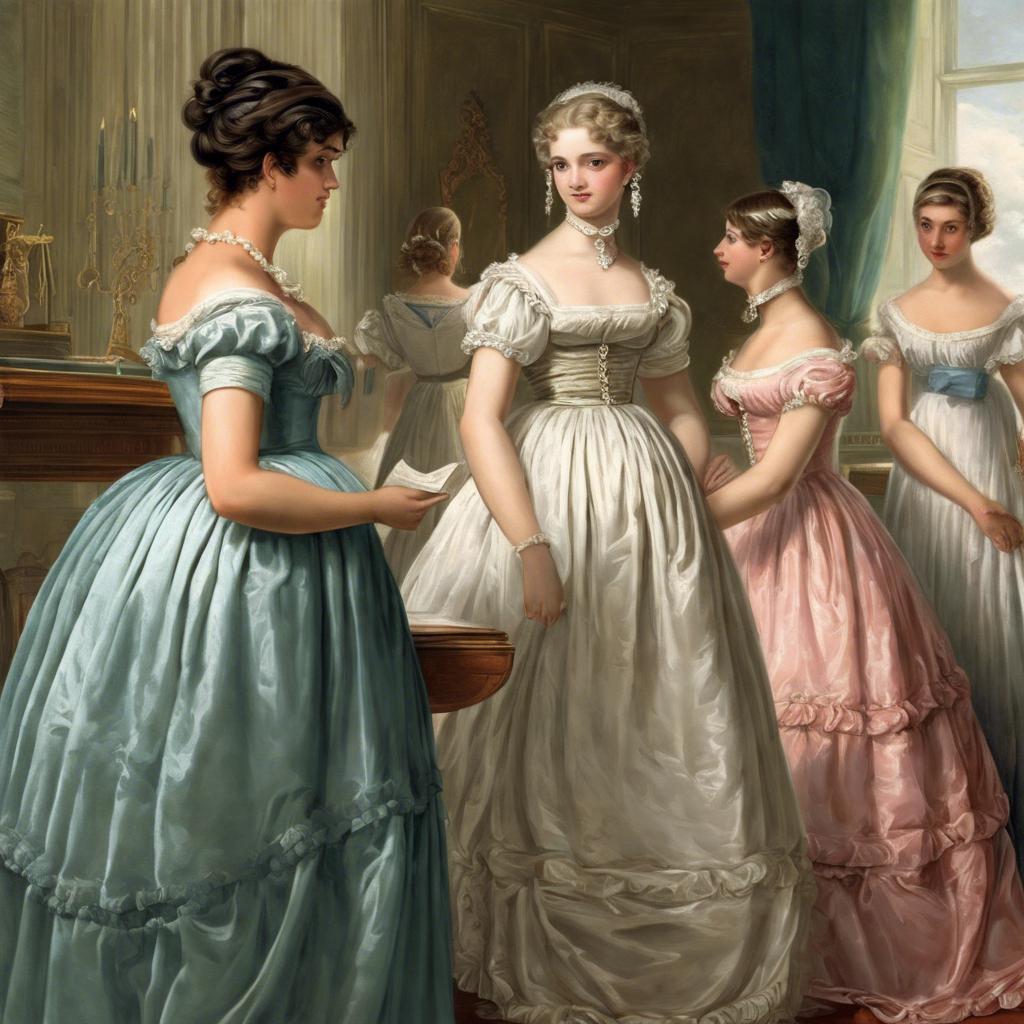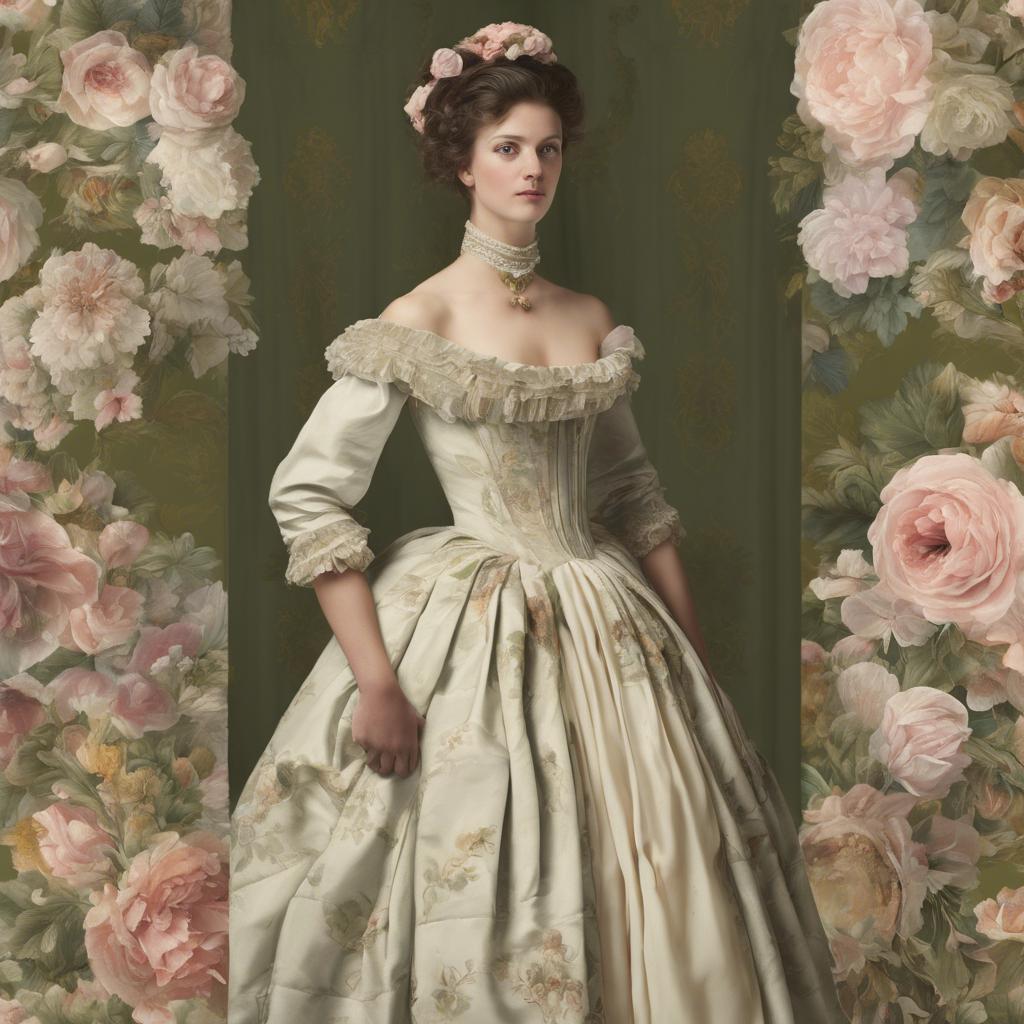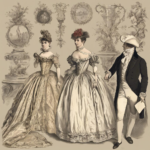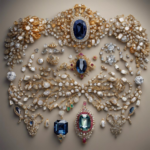During the Regency era, the debutante age held great significance in British society. Young women of noble birth were meticulously prepared for their introduction into polite society, marking a pivotal moment in their coming of age. This period of time, spanning from the late 18th to regency era dti”>early 19th century, set the standard for decorum, etiquette, and social graces that defined the elite class of the time. In this article, we delve into the intricacies of the Regency era debutante age, exploring the customs, rituals, and expectations that shaped the debutante’s journey into the world of high society.
Step Into the World of Cheryl Bolen
Dive into the enchanting stories of love, intrigue, and elegance set in the Regency Era. Cheryl Bolen's novels offer timeless romance and captivating tales that will leave you wanting more.
Explore Cheryl Bolen's Books Now
The Importance of Debutante Age in Regency Era Society
During the Regency Era, the debutante age held significant importance in high society. Young ladies would make their debut into society usually around the age of 17 or 18, marking their entrance into adulthood and the marriage market. This age was carefully chosen as it was believed to be the perfect balance between maturity and youth, making these debutantes more desirable to potential suitors.
Being presented as a debutante at the appropriate age was crucial for a young lady’s future prospects. It was seen as a coming-of-age milestone that would open doors to social connections, potential marriage alliances, and a higher status in society. Debutantes were expected to be charming, well-mannered, and well-educated, making their debut at the right age ensured they would make a good impression on eligible bachelors and their families.
Moreover, debutantes who made their entrance into society at the proper age were more likely to secure advantageous marriages that would benefit both their families and themselves. By adhering to this societal tradition, young ladies were able to navigate the complexities of Regency Era high society with grace and poise, ensuring a successful debut and promising future.
Social Expectations and Pressures Around Debutante Age
In the Regency era, the debutante age was a significant milestone for young women as they made their entrance into society. During this time, there were specific social expectations and pressures surrounding debutantes, emphasizing the importance of grace, poise, and etiquette.
Debutantes were expected to undergo rigorous training in areas such as dancing, etiquette, and conversation to prepare them for their debut into society. They were also expected to dress elegantly and adhere to strict social protocols during events such as balls and parties.
Failure to meet these social expectations and pressures could result in social ostracism and disapproval. Debutantes often felt the weight of societal judgment, leading to anxiety and stress as they navigated the complexities of high society.
Strategies for Navigating the Regency Era Debutante Age
In order to successfully navigate the Regency Era debutante age, it is essential to understand the customs and expectations of high society during this time period. One key strategy is to meticulously adhere to the rules of etiquette and decorum. Debutantes were expected to conduct themselves with grace and poise at all times, whether attending balls, social gatherings, or formal dinners.
Another important strategy for debutantes was to focus on cultivating their social connections and reputation. In Regency Era society, one’s standing was largely determined by their family background and social connections. Debutantes were encouraged to network with influential individuals and build relationships with other high-ranking families to enhance their prospects of securing a desirable match.
Lastly, debutantes were advised to pay careful attention to their appearance and fashion choices. Dressing elegantly and following the latest trends in fashion was crucial for making a favorable impression during the debutante season. Debutantes were expected to wear exquisite gowns, elaborate hairstyles, and tasteful accessories to showcase their refinement and sophistication to potential suitors.
Etiquette and Decorum for Debutantes in Regency England
In Regency England, debutantes were typically introduced to society between the ages of 16 and 18. This was considered the ideal age for a young woman to make her debut and begin attending social events and balls. It was important for debutantes to be of a certain age as it signified their readiness to enter the marriage market and start looking for a suitable husband.
During this time period, debutantes were expected to conduct themselves with grace and propriety at all times. They were taught the importance of proper etiquette and decorum, including how to curtsy, engage in polite conversation, and dance with skill and elegance. Debutantes were also expected to dress in the height of fashion and maintain a certain level of sophistication in their appearance.
Being a debutante in Regency England was not just a social status symbol, but also a rite of passage into adulthood. Young women would undergo intensive training in etiquette and social graces in preparation for their debut season. It was a time of excitement and anticipation, as debutantes had the opportunity to meet potential suitors and form connections that could ultimately lead to a successful marriage.
Key Takeaways
the Regency era debutante age was a significant milestone for young women of the upper class, marking their formal introduction into society and the beginning of their search for a suitable marriage partner. This period was characterized by strict social conventions, elaborate coming-out ceremonies, and meticulous etiquette rules that guided every aspect of a debutante’s debut season. While the traditions of the Regency era may seem outdated by today’s standards, they played a crucial role in shaping the societal norms and expectations of the time. The debutante age was a time of great importance and significance for young women, setting the stage for their future lives as wives and mothers in the genteel society of the early 19th century.


